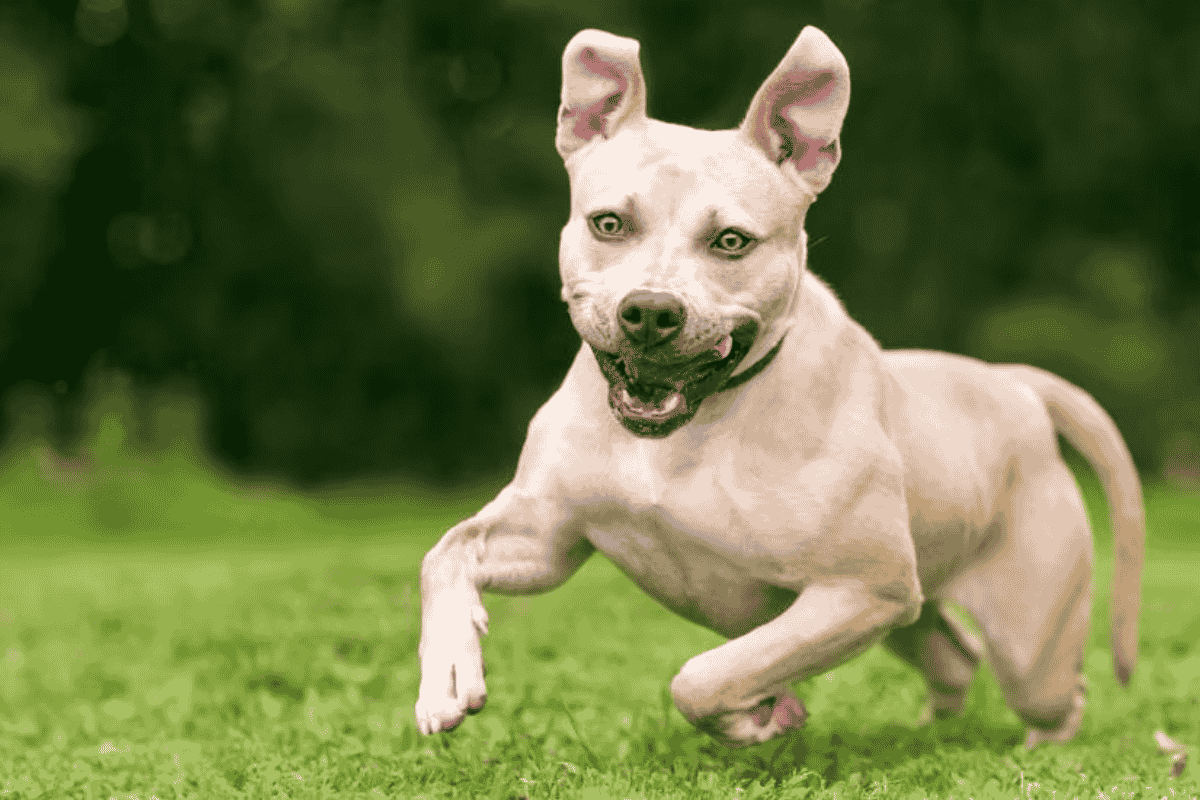Kennel cough, also known in veterinary medicine as canine infectious respiratory disease (CIRD), is an upper respiratory tract infection in dogs.
While commonly linked to Bordetella bronchiseptica and canine parainfluenza virus (CPIV), many other pathogens can also cause this dry, hacking cough.
Dogs often contract it in places where they interact with others — kennels, doggy daycares, grooming salons, dog parks, shelters, and even veterinary clinics.
Causes of Upper Respiratory Tract Infections in Dogs
Kennel cough can be caused by both viruses and bacteria, including:
- Viruses: Canine distemper, adenovirus type 2, parainfluenza, influenza, pneumovirus, respiratory coronavirus, herpesvirus, pantropic coronavirus, reovirus
- Bacteria: Bordetella bronchiseptica, Mycoplasma, Streptococcus equi subspecies zooepidemicus
Poor ventilation, warm and moist conditions, and repeated exposure increase the likelihood of infection, especially in kennels and shelters.
Kennel Cough Symptoms
- Dry, hacking cough (often triggered by pressure on the trachea)
- Sneezing and eye discharge
- Coughing that may sound like retching
- In severe cases: fever, lethargy, loss of appetite, and difficulty breathing
Symptoms usually appear 2–10 days after exposure, though canine distemper may take up to four weeks to show.
Diagnosis of CIRD
Most veterinarians diagnose based on symptoms. Additional diagnostics may include:
- Chest X-rays: To rule out pneumonia
- Cultures: To identify bacterial causes (requires sedation)
- PCR tests: Swabs from the nose or throat to identify genetic material from viruses and bacteria; affordable and accurate
Kennel Cough Treatments
Many mild cases resolve in 10–14 days without treatment. However, veterinarians may recommend:
- Antibiotics (e.g., doxycycline): Used if bacterial infection is suspected or confirmed, or if the dog has severe symptoms (fever, lethargy, green/yellow discharge, worsening cough)
- Cough suppressants: Used only for severe coughing, though coughing helps clear infection
- Nebulization with sterile saline: Helps keep airways moist
Most dogs recover well, but puppies, brachycephalic breeds (e.g., Bulldogs, Pugs), and immunocompromised dogs may require more intensive therapy.
Prognosis for Dogs with Kennel Cough
- Mild cases: Very good prognosis, with most dogs recovering in about 10 days
- Complicated cases: Dogs with pneumonia, distemper, or immune system issues require more aggressive care
- Streptococcus infections: Can be life-threatening without prompt treatment
Vaccinated dogs usually experience milder and shorter illnesses.
Kennel Cough Vaccines
Vaccines are available for:
- Core vaccines: Canine distemper, parainfluenza, adenovirus type 2
- Lifestyle vaccines: Bordetella, canine influenza
Important notes on vaccines:
- Vaccines reduce severity and duration but don’t fully prevent infection (except distemper, which prevents disease).
- Puppies aren’t fully protected until 4–5 months old, after maternal antibodies wane.
- It takes 2+ weeks for vaccines to provide protection.
- Dogs may still contract kennel cough since only 5 of the 11 pathogens have vaccines.
Prevention Beyond Vaccines
- Avoid crowded places during outbreaks
- Choose kennels with good ventilation and outdoor access
- Consider at-home groomers or pet sitters for high-risk dogs
Distemper: A More Serious Cause of CIRD
Canine distemper virus differs from other CIRD pathogens because:
- It can cause neurological signs (seizures, tremors) in ~10% of cases
- It may lead to pneumonia, GI symptoms, and long-term neurological problems
- It has a longer incubation (10–30 days) and can be shed for months
- Puppies are especially vulnerable, often with a high fatality rate
Treatment is supportive (antibiotics for secondary infections, anti-seizure medications, fluids, and GI support). Vaccination is the most effective protection.












